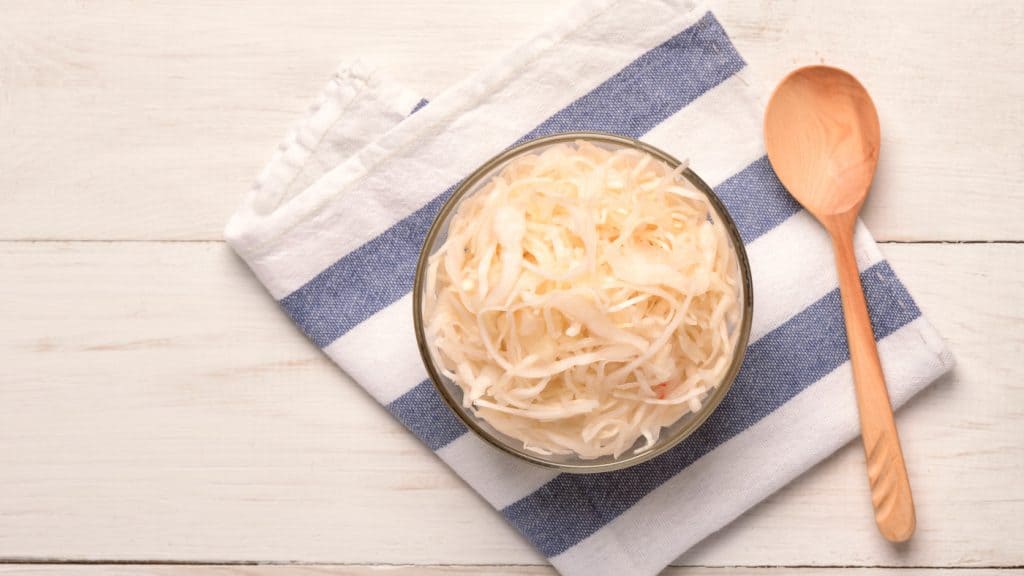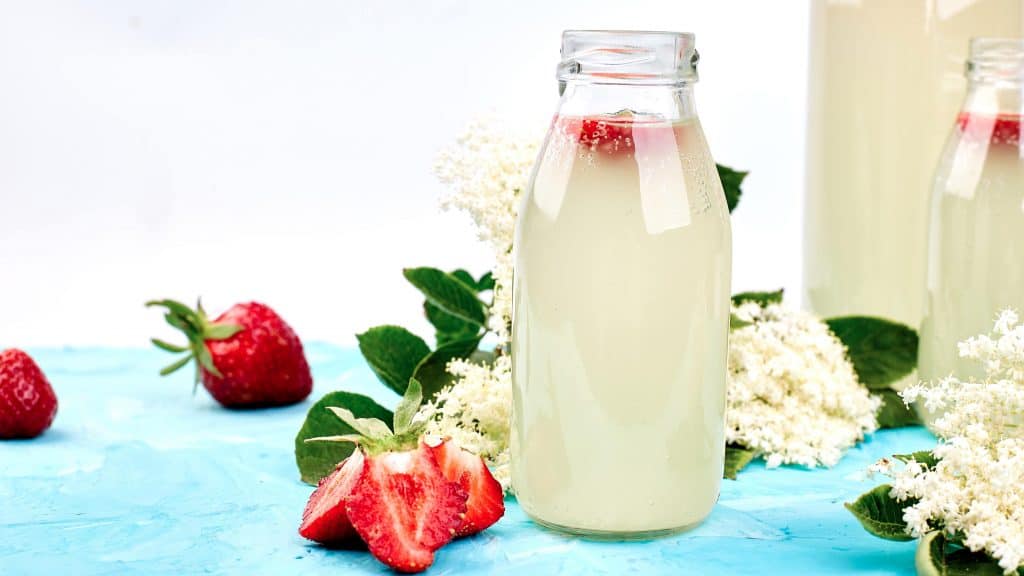
Turns out, there are all kinds of things living inside of you. It’s true!
There are actually more living bacteria cells inside us than our own human cells. Embrace those little critters, because they help form what is called our microbiome. This is your own unique blend of friendly and un-friendly bacteria located mostly in the gut, that help our digestive, immune and nervous systems function. Ideally, 85% of these organisms are good guys that live in a symbiotic relationship with you, their host! Things like stress, antibiotic use
New research suggests that not only does a healthy microbiome lend towards improved digestive health, but it also plays a vital role in the health of both male and female reproduction by regulating the immune system and reducing inflammation. Those tiny helpers are found everywhere, from semen to the vaginal canal. A healthy population of friendly bacteria can encourage the right conditions for conception, aid in sperm health, support a healthy pregnancy. A healthy microbiome leads to a healthier you, which translates to a more fertile you! A balanced microbiome may also help prevent miscarriage by supporting a healthy vaginal and uterine environment, free of infection.
While there are countless pills and supplements on the market that are ‘pro-biotics’, it turns out the hands-down best way to get living probiotics is from living foods. Living foods are foods that have been fermented by wild yeasts and bacteria to give them that characteristic sour taste.
For thousands of years, cultures all around the world have eaten fermented foods as part of their traditional diets, and because of
Now that you know how important your microbiome is to your overall health, and potentially to our entire evolutionary history, here are the top three pro-biotic

1. Sauerkraut
Sauerkraut’s origins date back at least 6000 years, originating in northern China and imported to Europe by way of migrating tribes. Literally meaning ‘sour cabbage’, this
There are so many flavor combinations that you can’t go wrong incorporating a spoonful or two into
2. Miso
Miso has our hearts! We put it in everything: Salad dressings, soups, stews, pestos, stir-fry sauces, glazes and more! If there is ever a depth of flavor that you desire in a dish, look no further than a jar of miso paste.
This humble ferment is made by inoculating soybeans with a substance called koji, which has been cultivated on rice, barley or soybeans. Weeks later, all the enzymes work together to break down the soybeans and grains into a paste made up of amino acids, fatty acids
Why is it

3. Kombucha
I’ve never met a SCOBY I didn’t love!
That is a “Symbiotic Culture of Bacteria and Yeast” that grows on top of a fermenting jar of tea, otherwise known as Kombucha.
A SCOBY is like the pet you never knew you wanted, it lives off of sugar and tea and in return gives you a delicious, bubbly beverage that is teeming with pro-biotic life.
Known as the ‘tea of immortality’ in ancient times, kombucha is very high in anti-oxidants, acetic acid and polyphenols, all known to help the body fight free-radical cell damage, protect the liver from chronic toxicity, and aid in overall digestive health, which all together can help slow cell aging.
The benefits of kombucha are well documented, but not all kombucha is made alike. Many of the store-bought brands are chock full of sugar and diluted for taste. If you are really wanting the medicinal benefits of this wonder drink, look carefully at labels! Choose the brand with low sugar content and pure ingredients. Our favorite brands in Portland are Lion Heart (Ginger Fix is yummy),
We hope this blog post lights a spark for you to see how easy it is to eat fertility-friend foods! If you want to know more about the medicinal benefits of fermented foods, and to learn how to make your own delicious sauerkraut, please join our own Haley West, LAc on April 11th at Side Yard Farm in NE Portland as we take a deeper look at the ways we can incorporate more seasonal ferments into our everyday lives. More info to come!
Established patients can schedule online, patients who haven’t seen us at Kwan Yin Healing Center call (503) 701-8766, or email us to schedule your appointment.
1. Haahr, T. (2016). Abnormal vaginal microbiota may be
2. Pelzer, E. S., Allan, J. A., Waterhouse, M. A., Ross, T., Beagley, K. W., & Knox, C. L. (2013). Microorganisms within Human Follicular Fluid: Effects on IVF. PLoS ONE, 8(3), e59062.
3. Sirota, I., Zarek, S., & Segars, J. (2014). Potential Influence of the Microbiome on Infertility and Assisted Reproductive Technology. Seminars in Reproductive Medicine, 32(01), 035-042.
4. Bhandari, P., Rishi, P., & Prabha, V. (2014). Potential of Probiotic Lactobacillus
5. Weiss, G., Goldsmith, L. T., Taylor, R. N., Bellet, D., & Taylor, H. S. (2009). Inflammation in Reproductive Disorders. Reproductive Sciences, 16(2), 216-229.
6. Groeger, D., O’Mahony, L., Murphy, E. F., Bourke, J. F., Dinan, T. G., Kiely, B., . . . Quigley, E. M. (2013). Bifidobacterium
7. Bhandari, P., Rishi, P., & Prabha, V. (2016).




